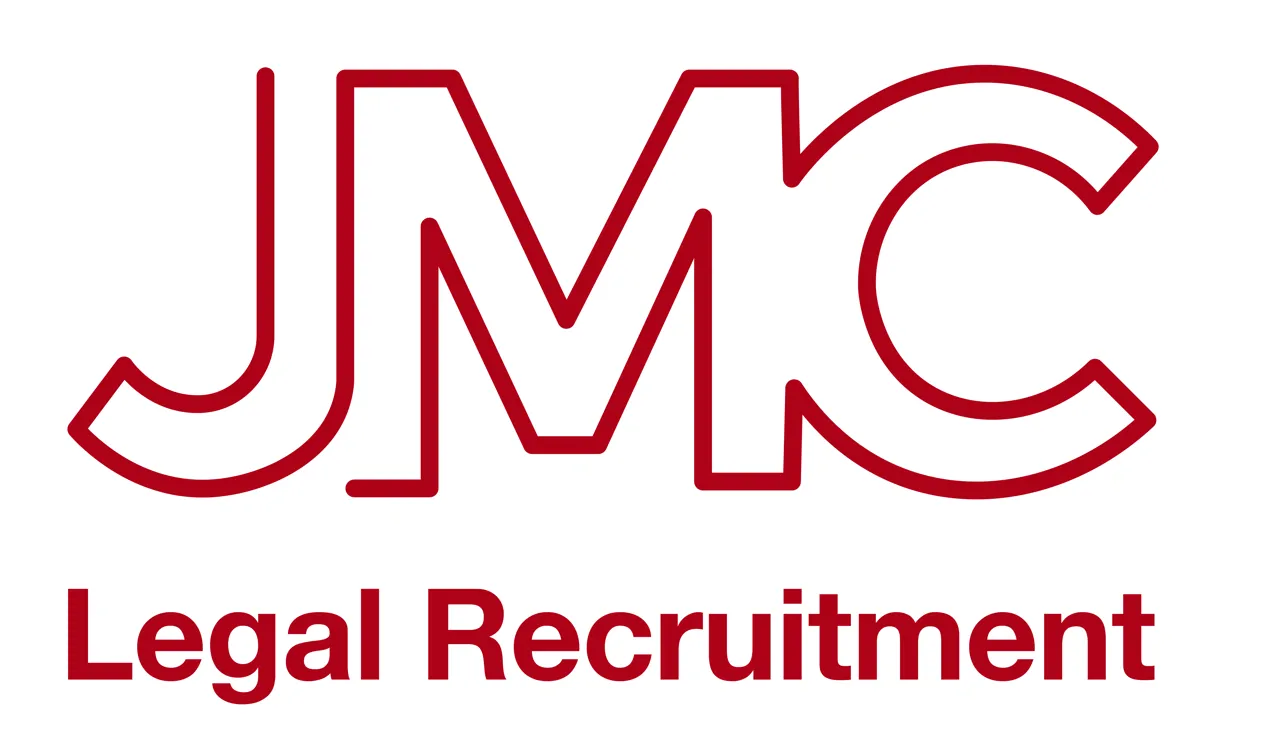
The Partner Talent Funnel
01 Sept, 20256 minutes
The Partner Talent Funnel
Are We Really Losing Top Legal Talent to In House Legal Vacancies?
“If I had a pound for every time someone sighed, ‘We’re losing all our best people to in-house roles’ … I’d have a very nice weekend away booked by now.”
This refrain has become a familiar chorus across boardrooms and practice groups. From partners to HR directors, everyone seems worried about a “talent drain.” And yes, the pull of in-house roles is very real.
But from the vantage point of a legal recruitment agency, we can tell you: what’s happening isn’t a mass exodus, it’s a redistribution of senior talent. The funnel is widening, the options are expanding, and the motivations are evolving.
Let’s unpack the data, the motivations, and the myths behind this trend while asking the big question: is private practice genuinely losing its best law partners and associates, or is the market reinventing itself?
Why In-House Legal Roles Are So Attractive
The Work-Life Balance Promise
Law firm life means billable hours, weekend calls, and relentless client demands. In-house, lawyers often find predictability and that can be priceless. No wonder applications for senior in-house legal roles regularly outstrip private practice ones, sometimes by a factor of five.
Strategic Seat at the Table
Private practice lawyers are advisers. In-house lawyers are decision-makers. Moving in-house is less about drafting contracts and more about shaping strategy. For many, that’s a far more rewarding career arc.
Compensation & Perks
It’s well known that London law firms, especially Magic Circle and US firms, offer some of the most competitive pay in the market. But for many lawyers, it’s not just about money. In-house roles often bring greater stability, with clear salary bands, pensions, flexible working, and, increasingly, equity-linked incentives.
Accessibility for Foreign-Qualified Lawyers
A factor that’s often overlooked: the SQE requirement makes private practice a tougher door to push through for foreign-qualified lawyers. In-house roles, by contrast, can be a more open gateway. This widens the funnel considerably.
‘We see 50–100 strong applications for certain senior in-house roles, compared with far fewer for similarly senior law firm positions. The demand is high, but so is the competition’ - Sean Nicholson (Managing Director, JMC Legal Recruitment)
As a legal recruitment agency, we can safely say that applications for in-house legal roles consistently outpace supply, particularly at senior levels where partner experience is highly transferable.
The Data Behind the Headlines
The Numbers
Q1 2025: In-house legal vacancies rose 20% year-on-year, particularly in tech, healthcare, and energy.
Q2 2025: 217 senior legal moves and promotions tracked by MRA Search, with 182 lateral moves, evidence of continued mobility.
But note: private practice vacancies grew even faster (25%), a sign that firms are also doubling down. We’re seeing more candidates move from associate to partner level within private practice, but many are now weighing law partner recruitment against senior in-house legal jobs.
Promotions vs Lateral Moves
Up to 70% of senior hires in Q2 were internal promotions. This shows firms are investing heavily in retention, even as lateral moves to in-house continue.
The Big Picture
Law Society data shows the proportion of solicitors working in-house rose from 19% in 2014 to 22% in 2023, while private practice dropped from 69% to 59%. A steady shift, but hardly a collapse.
‘The sense that everyone’s going in-house is more cultural than statistical. Yes, it’s happening. No, the sky isn’t falling.’ - Jason Connolly (CEO, JMC Legal Recruitment)
It’s Not Just About Money
Our application pipeline and countless candidate conversations tell a clear story.
Broader Influence: Lawyers want to be embedded in decision-making, not just parachuted in for transactions.
Flexibility: Hybrid and remote models in-house are often more attractive than rigid law firm policies.
Lifestyle: You’re probably as tired of reading it as we are of saying it but escaping the treadmill of billing and targets is a consistent theme.
Foreign-qualified appeal: In-house is often more accessible, making it the natural destination for international talent.
"Looking back, I was heavily led by external lawyers and just took their advice instead of critically evaluating it… As you grow into the role, you realise the business employs you to make decisions, not just to advise."- Alex Lane (Head of Legal, Aurora Utilities)
In-house legal vacancies continue to attract strong interest from solicitors in private practice, but competition remains fierce for these roles that offer strategic influence and work-life balance.
The Market Headwinds and Realities
Of course, in-house roles aren’t a silver bullet.
Competition is fierce: One vacancy can attract 100+ CVs.
Expectations differ: You need to explain risk to non-lawyers, manage stakeholders, and balance business pressures with legal obligations.
Compensation ceilings: While firms keep pushing up salaries, in-house teams can’t always match. Over 75% of in-house employers cite compensation as their top recruitment challenge.
Skills gap: Nearly half of hiring managers struggle to find lawyers with both regulatory expertise and commercial acumen.
In short: in-house is attractive, but certainly not ‘easier’ (if such thing exists in the legal world). It demands not only a different mindset but also skills.
Sector Hotspots and Regional Shifts
Investment Management & Fintech: The busiest areas for senior in-house hires.
Insurance & Financial Services: Steady demand continues.
Regional Momentum: Growth outside London is accelerating, particularly in Scotland, Manchester, and Bristol, as corporates decentralise.
This regionalisation has widened the funnel both for candidates seeking lifestyle shifts, and firms looking beyond the London talent bubble.
Is It Really a Drain or a Redistribution?
Here’s the crux:
Yes, senior lawyers are moving in-house.
No, it’s not an existential crisis.
What we’re seeing is a redistribution of talent across an increasingly diverse legal ecosystem.
Law firms retain their dominance, in-house grows strategically, and ALSPs (Alternative Legal Service Providers) fill new niches. Thought it may feel like top legal talent is being spread thin, lawyers are simply spreading across these models in ways that better match their aspirations.
What Firms and Candidates Should Do Next
For Firms
Innovate your people proposition: hybrid models, secondments, career tracks beyond partnership.
Position departures as opportunities for mid-level associates to step up.
Invest in tech and pricing models that align with client demands and in-house realities.
For Candidates
Be clear on your “why” before applying.
Prepare to demonstrate strategic and commercial thinking.
Use recruiter insight to target roles that genuinely fit your skill set and ambitions.
Looking Ahead
The legal market isn’t collapsing, it’s recalibrating. In-house legal roles offer strategic influence and lifestyle benefits, law firms are evolving to retain and promote talent, and the wider profession is stronger for the diversity of pathways available.
The real challenge for firms, candidates, and recruiters alike is not whether we’re “losing” partner level talent, but whether we’re adapting fast enough to where talent now wants to be in order to make the offering of staying in private practice genuinely attractive.
Related articles:
[How To Become a Partner in a Law Firm]
[The Real Reason Lateral Moves Succeed or Fail]
[Challenges When Hiring In-House Legal Counsel]




